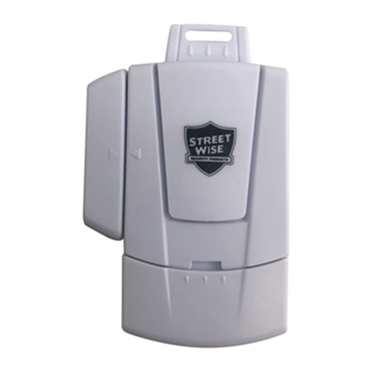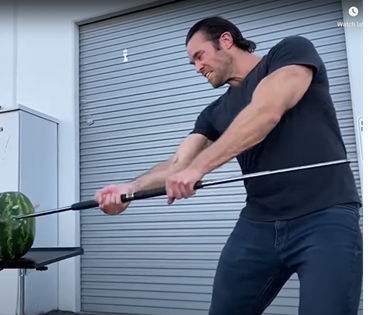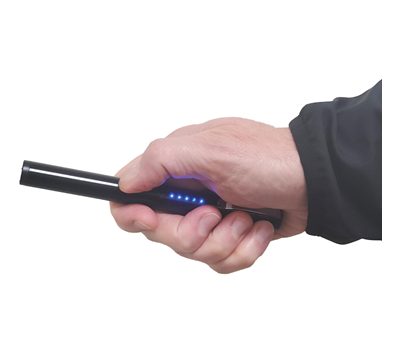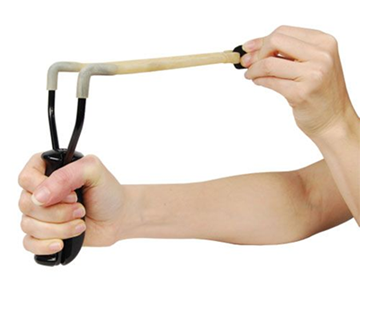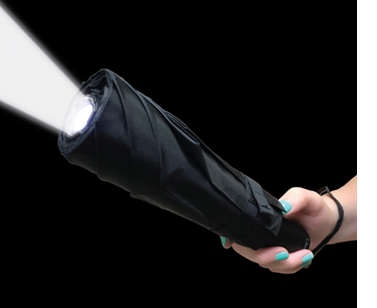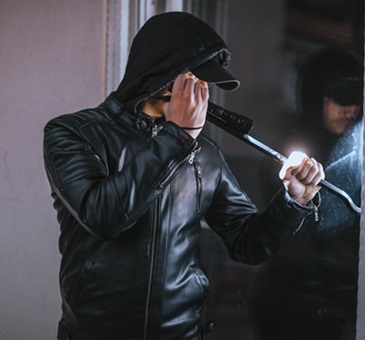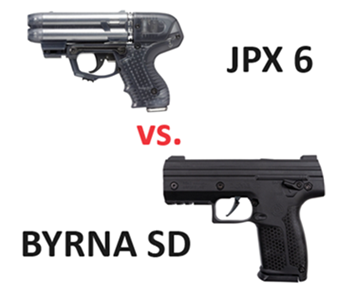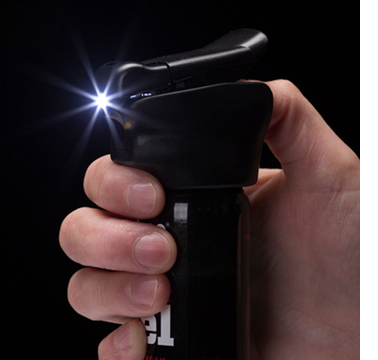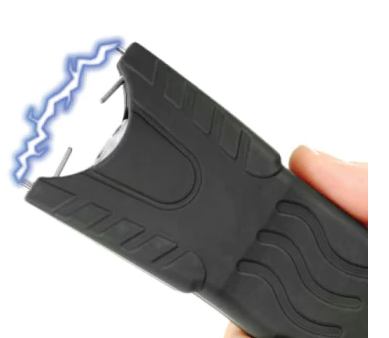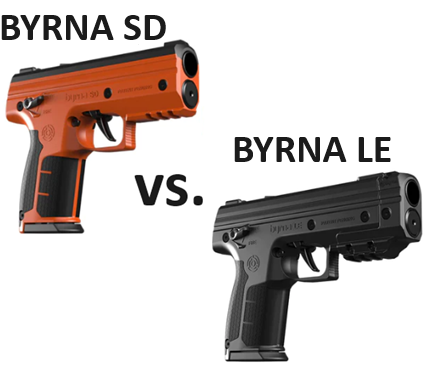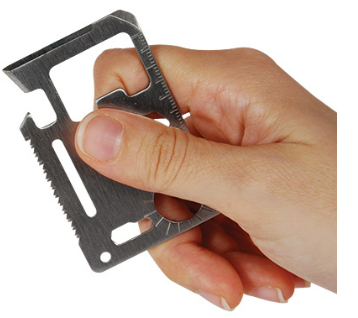Minnesota Stun Gun and TASER Laws
 Stun guns and tasers have become increasingly popular for personal self-defense in recent years. They are effective tools for immobilizing an attacker, giving the victim time to escape or call for help. However, stun guns and tasers can also be dangerous if misused or used illegally. In Minnesota, there are laws that regulate the use and possession of these devices. In this blog post, we will discuss Minnesota stun gun and taser laws based on information provided by the Minnesota House of Representatives Research Department.
Stun guns and tasers have become increasingly popular for personal self-defense in recent years. They are effective tools for immobilizing an attacker, giving the victim time to escape or call for help. However, stun guns and tasers can also be dangerous if misused or used illegally. In Minnesota, there are laws that regulate the use and possession of these devices. In this blog post, we will discuss Minnesota stun gun and taser laws based on information provided by the Minnesota House of Representatives Research Department.
Legal to Own and Possess
It is legal to own and possess a stun gun or taser in Minnesota without a permit or license. However, there are some restrictions on where they can be carried. According to Minnesota Statute 624.731, electric incapacitation devices cannot be carried in schools, courthouses, places of worship, public housing projects, or on any property owned or leased by the government.
It is also illegal to possess a stun gun or taser if you have been convicted of a felony, domestic assault, or stalking. If you are found in possession of an electric incapacitation device under these circumstances, you could face criminal charges.
Legal to Use for Self-Defense
Minnesota law allows individuals to use electric incapacitation devices for self-defense purposes. However, there are some restrictions on their use. According to Minnesota Statute 609.2242, the use of a stun gun or taser is only justifiable when a person reasonably believes it is necessary to protect themselves from imminent bodily harm.
It is important to note that the use of a stun gun or taser in self-defense is not a guarantee of legal immunity. A person who uses one of these devices could still face criminal charges if they use excessive force or if their use of the device is deemed unreasonable.
Legal to Carry with a Permit
Although it is legal to possess a stun gun or taser in Minnesota without a permit, you may want to consider obtaining a permit if you plan to carry one for self-defense purposes. A permit will allow you to carry your device in areas where they would otherwise be prohibited.
To obtain a permit, you must be at least 18 years old and pass a criminal background check. You will also need to complete a training course on the use of electric incapacitation devices.
Penalties for Illegal Use or Possession
If you are found in possession of a stun gun or taser illegally, you could face criminal charges. Possession of an electric incapacitation device by a prohibited person is a gross misdemeanor in Minnesota, punishable by up to one year in jail and a fine of up to $3,000.
If you use a stun gun or taser in a way that is deemed illegal or excessive, you could face criminal charges as well. For example, if you use a stun gun or taser on someone who is not posing an immediate threat, you could be charged with assault.
Final Thoughts
Stun guns and tasers can be effective self-defense tools, but they should be used responsibly and in accordance with the law. In Minnesota, it is legal to own and possess these devices, but there are restrictions on where they can be carried. If you plan to carry a stun gun or taser for self-defense purposes, consider obtaining a permit and completing a training course. And remember, using a stun gun or taser in self-defense is only justifiable in certain circumstances, and the use of excessive force can still result in criminal charges.
It is also important to note that while stun guns and tasers are non-lethal weapons, they can still cause serious injury or even death if not used properly. It is essential to understand how to use them safely and effectively to avoid harming yourself or others.
See the cost of Stun Guns and TASERS.
Disclaimer: The information provided in this blog post is for general informational purposes only and should not be construed as legal advice. The laws and regulations regarding stun guns, TASER devices, and other electronic defense weapons can vary widely by jurisdiction and can change over time. Therefore, it's important to consult with legal professionals or relevant authorities to obtain accurate and up-to-date information that applies to your specific circumstances.

